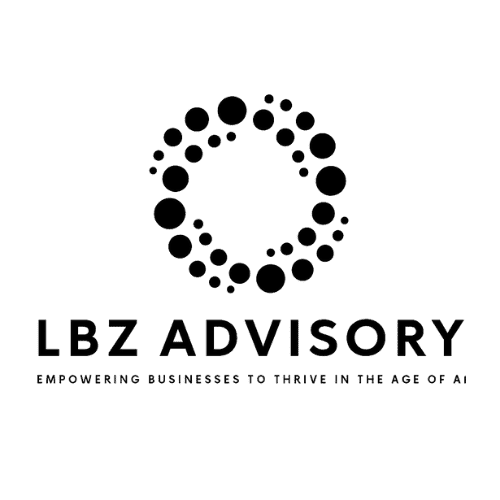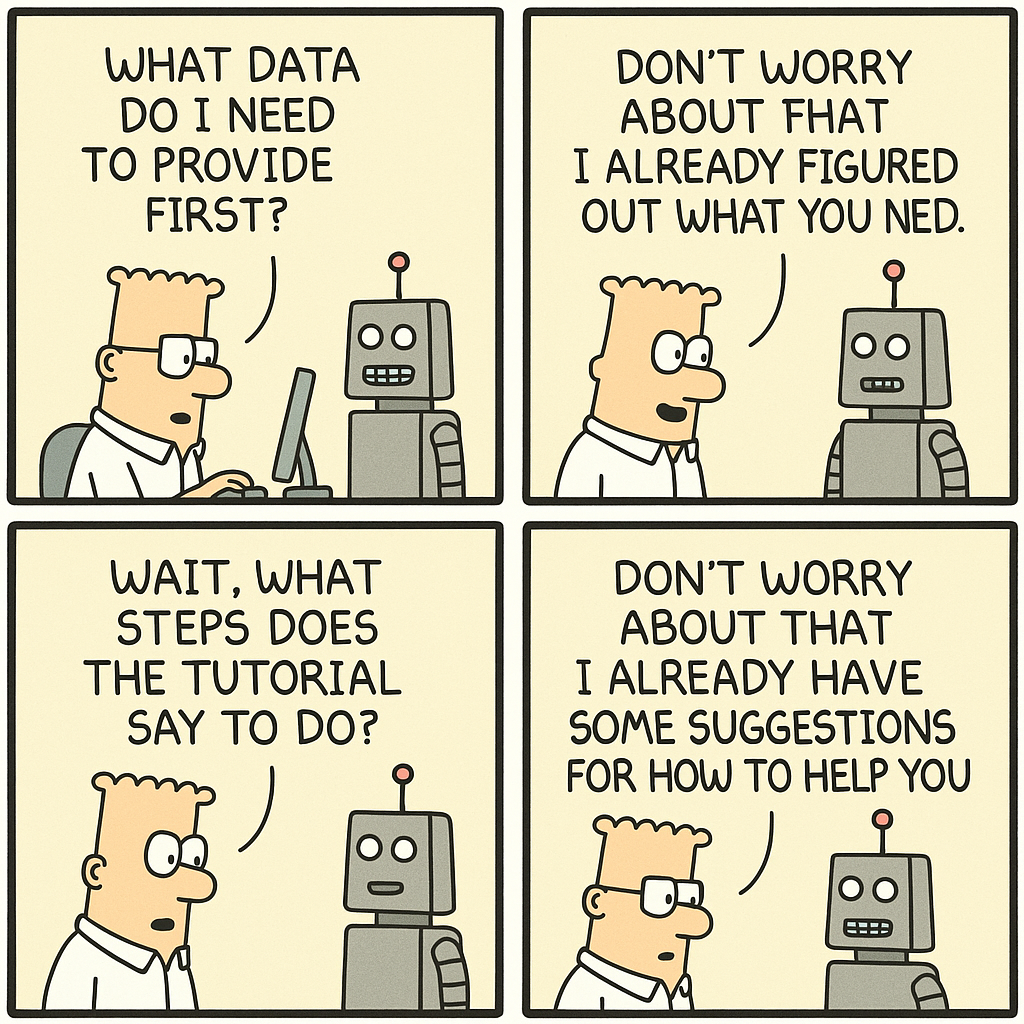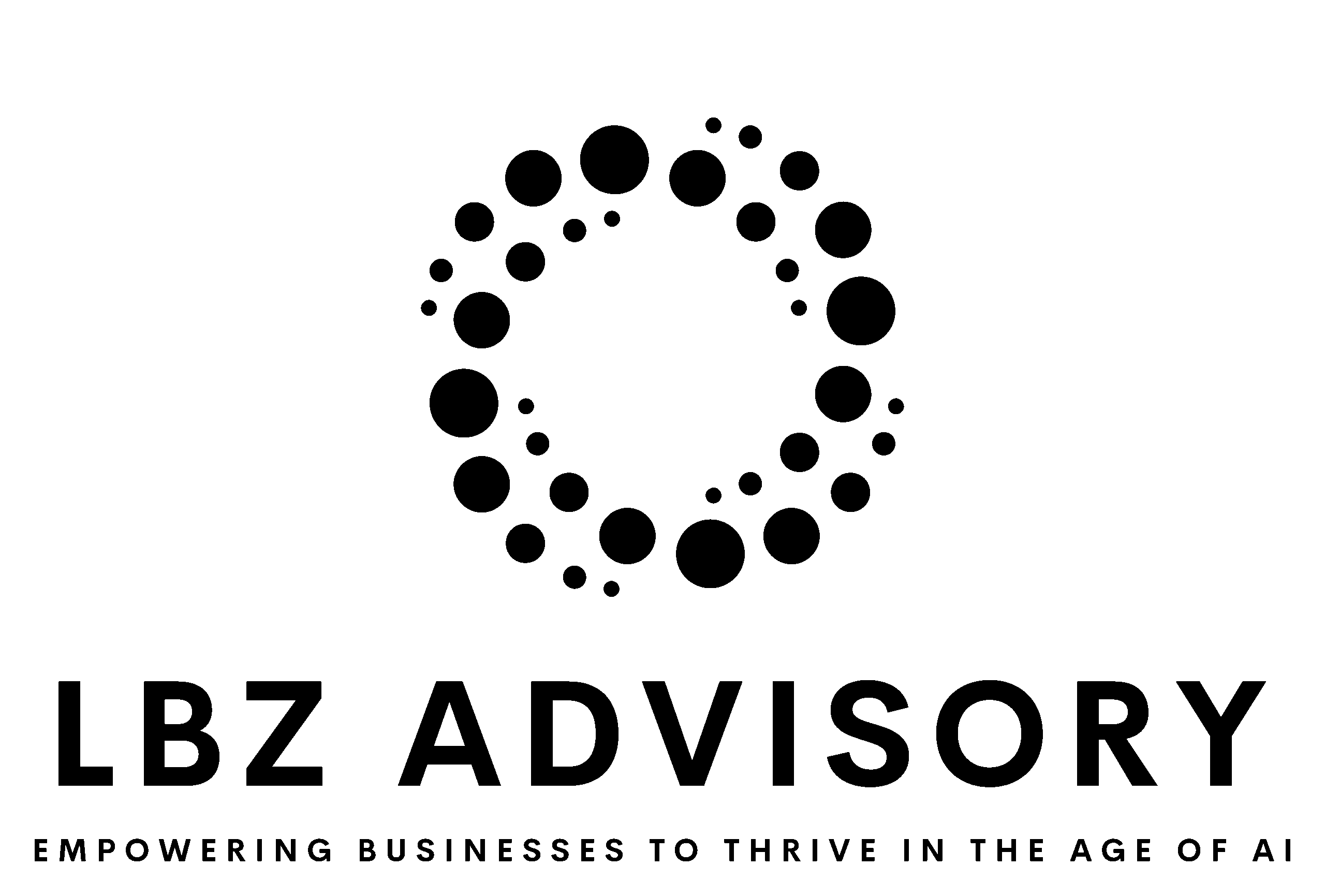The buzz around Artificial Intelligence (AI) often conjures images of conscious machines straight out of science fiction. But the reality of generative AI, especially Large Language Models (LLMs), is far less glamorous—and far more critical to understand. To lead effectively in the AI age, you need a clear-eyed view of how it operates—and where it falls short. Let’s dig into the truth.
AI Doesn’t Think—It Predicts
At its core, AI isn’t “thinking” or “knowing” like we do. LLMs are advanced pattern-matchers, trained on vast datasets of text and code. They don’t reason or access a vault of facts. Instead, they predict the next word (or token) based on statistical patterns, building responses one probable step at a time.
This probabilistic foundation shapes everything:
• Output as a Starting Point: AI’s responses aren’t truths—they’re educated guesses. Treat them as hypotheses to test, not final answers.
• Confident Mistakes Happen: AI can “hallucinate,” producing fluent but false outputs. In 2023, an AI legal chatbot generated fake case citations, which attorneys submitted to a federal court—leading to sanctions and a stark reminder of AI’s capacity for convincing errors.
• Bias Gets Amplified: AI learns from the world’s data, including its flaws. If that data reflects sexism or racism, AI doesn’t just replicate those biases—it scales them. Meta’s ad algorithms, for example, showed housing ads more to white users and job ads to men, reflecting societal patterns. The result? Millions in settlements and lost opportunities for marginalized groups.
• Context Is Missing: AI processes explicit data but lacks the lived experience to grasp cultural nuances, relational dynamics, or ethical subtleties. This gap has led to failures in complex areas like global content moderation.
Understanding AI’s predictive nature is the first step to using it wisely. It’s not a source of certainty—it’s a tool that requires your oversight and critical thinking.
The Human Advantage: Where You Lead the Way
AI’s limitations reveal where human leadership shines. As algorithms handle routine analysis, your value lies in the distinctly human strengths they can’t replicate. Here’s how you stand out in the AI age:
Contextual Judgment: See the Bigger Picture
AI might recommend focusing ad spend on a high-click demographic, but it doesn’t see the full picture—brand perception, the risk of alienating your core audience, or offline competitor shifts. You bring the depth it lacks, asking critical questions: “What’s not being considered? What are the ripple effects? Does this align with our values?” Your ability to weave in real-world context—stakeholder concerns, historical trends, cultural dynamics—turns raw data into meaningful strategy. Meta’s engagement-driven algorithms missed this, amplifying divisive content without considering the broader impact. The tech worked; the human insight didn’t.
Emotional Intelligence (EQ): Connect Where AI Can’t
AI can mimic empathy, but it can’t feel it. It can’t inspire a struggling team, build trust in a tough moment, or navigate sensitive negotiations. When AI flags a morale dip, you go beyond the data—you sense the unspoken fears, offer genuine reassurance, and foster connection. That human touch is something no algorithm can replicate.
Moral Reasoning: Guide with Values
AI optimizes for goals, not ethics. It might suggest efficient actions that unintentionally harm—cutting costs while perpetuating bias. You’re the ethical anchor, ensuring decisions balance effectiveness with fairness. You ask: “Is this right, not just smart?” In Myanmar, Meta’s algorithms chased engagement, ignoring the devastating human cost of fueling division. Strong ethical leadership could have changed the outcome.
Cross-Domain Creativity: Innovate Beyond Patterns
AI remixes existing ideas; you create new ones. Your ability to connect unrelated concepts, challenge assumptions, and reframe problems drives innovation that AI can’t touch. That’s where breakthroughs happen—and it’s all you.
Lead with Insight, Not Just Technology
As AI takes over routine tasks, the true premium is on insight—shaped by experience, grounded in ethics, and capable of navigating the complex human landscape where algorithms falter. Meta’s challenges weren’t just technical—they stemmed from a lack of human judgment to anticipate cultural impacts, ethical clarity to prioritize societal good, and creative thinking to redefine success beyond metrics.
In the AI age, your advantage isn’t competing with algorithms—it’s complementing them with the human strengths they’ll never have. Step into your role as a leader who sees what AI can’t, feels what it won’t, and innovates where it doesn’t. That’s your true edge.















